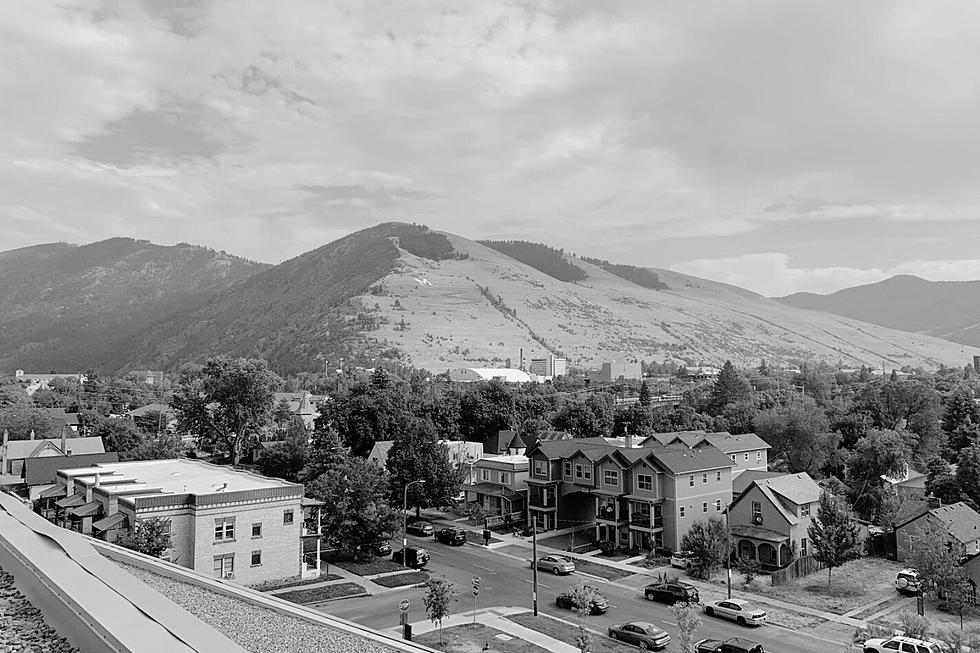
Antarctic Study Co-Authored by Fritsen of Corvallis
Christian Fritsen, formerly of Corvallis, Montana, and a former post-doc researcher at MSU Bozeman, has co-authored a study on bacteria that live in an under-ice lake in Antarctica.
Fritsen, polar scientist John Priscu and Alison Murray of the Desert Research Insitute of Reno, Nevada, published the study this week in the "Proceedings of the National Academy of Science."
In a news release from Montana State University, the study is described as an examination of a community of bacteria that live in Lake Vida, under 66 feet of ice in the McMurdo Dry Valley of Victoria Valley.
Lead author Alison Murray said that the community of bacteria exists in a mostly frozen lake with high nitrous oxide and liquid that is six times saltier than seawater. "This study provides a window into one of the most unique ecosystems on Earth," Murray said.
The lake has been isolated from outside influences for over 3,000 years. Scientists used sterile facilities to study the samples and ice cores.
Fritsen is quoted by MSU, "It's plausible that a life-supporting energy source exists solely from the chemical reaction between anoxic salt water and the rock."
Fritsen and others have been studying the lake since 1996. NASA and the National Science Foundation helped support the study.
Fritsen was at MSU in the 80s and was a postdoctoral researcher from 1995 to 1998. Fritsen is now a research professor with the Desert Research Institute. Priscu is a professor in MSU's College of Agriculture.
A similar drilling project at Lake Vostok in Antarctica is planned by U.S. researchers this season.
More From 94.9 KYSS FM








